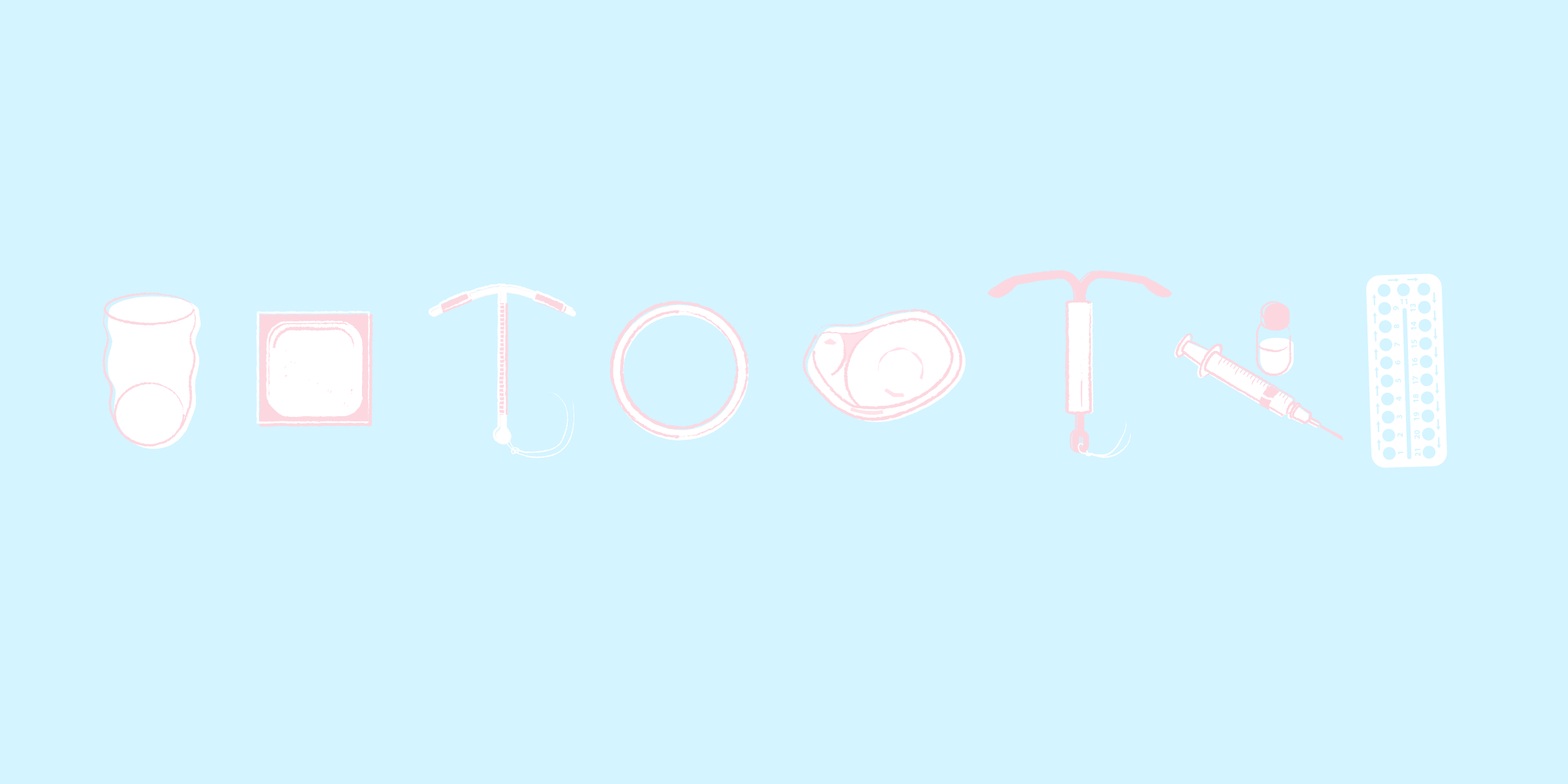Key Takeaways
- In this article, you can find out how to safely take medication during pregnancy and which treatment options are recommended for typical complaints such as nausea, migraines or colds.
- For expectant mothers with chronic illnesses such as diabetes or high blood pressure, helpful information is provided on medication and prevention.
- Learn how to make the best decision for your health and that of your baby together with your doctor to ensure a safe pregnancy.
Are you wondering how safe medications are during pregnancy? This question concerns many expectant mothers, especially those with health issues or chronic conditions. Taking medication during pregnancy affects both you and your unborn child, so it’s important to be well-informed.
In this article, you’ll learn about the basic principles of medication use during pregnancy. We discuss common ailments and safe treatment options, as well as information for women with chronic conditions. You’ll learn about the risks involved and how to responsibly use painkillers, antibiotics, and other medications to protect your health and that of your baby.
Basic Principles of Medication Use
When you’re pregnant, it’s important to be cautious with medications. The general rule is: take as little as possible and only as much as absolutely necessary. Always consult your doctor before taking any medication. It’s best to avoid medications altogether during pregnancy, including over-the-counter and herbal remedies. The reason is that active ingredients can reach your unborn child through your bloodstream.
Avoidance During Early Pregnancy
Particularly in the first trimester, it’s advisable to take as few medications as possible. The risk of potential harm is highest during this time, as your baby’s vital organs are developing. If you have a chronic illness and take regular medications, consult your doctor as early as possible.
Dosage and Duration
If you must take medication, the correct dosage is crucial. Studies show that pregnant women often have an increased clearance for certain medications, meaning your body breaks down the active ingredients faster. In some cases, a dosage increase may be necessary from the end of the second or beginning of the third trimester. After birth, you should reduce the dosage again.
Prefer medications with only a single active ingredient to minimize potential risks for your child. Only take medication for as long as absolutely necessary.
Consultation with Your Doctor
It’s essential to consult your doctor about any medication you take. Your OB-GYN knows best which medications are safe to use during pregnancy. Never stop taking prescribed medication on your own.
To keep track, you can use a special medication pass for pregnant and breastfeeding women. Record all the medications you take during and after pregnancy, and show it at every doctor’s or pharmacy visit.
Remember: a careful balance between the necessity of treatment and potential risks for your unborn child is crucial. Your doctor will help you make the best decision for you and your baby.
Common Ailments and Safe Treatment Options
Cold and Flu
A cold or flu during pregnancy can be particularly challenging. Flu symptoms usually appear suddenly, with high fever, severe illness, and headaches or body aches. You should not take the flu lightly, as the risk of complications such as pneumonia can increase.
To protect yourself, a balanced diet, exercise in the fresh air, and avoiding cigarettes and alcohol are important. The Standing Committee on Vaccination (STIKO) recommends that healthy pregnant women get vaccinated against the flu from the fourth month of pregnancy.
For cold symptoms, nasal sprays with isotonic saline can help moisturize and clean the nose. If you have a persistent cough, consult your doctor before taking any medication.
Nausea and Vomiting
Nausea and vomiting are common complaints during pregnancy, especially between the 5th and 14th weeks. Although unpleasant, this can even be a good sign: studies show that affected women have a 50 to 75% lower risk of miscarriage.
To alleviate symptoms, you can try the following tips:
- Eat several small meals throughout the day.
- Avoid fatty, very sugary, and heavily seasoned foods.
- Drink sugar-free, non-carbonated beverages.
- Try ginger in various forms.
- Test acupressure below the wrist. In rare cases (about 2% of pregnant women), a severe form of pregnancy-related nausea (hyperemesis gravidarum) may occur, requiring hospitalization.
Headaches and Migraines
Migraines are a common form of headache that affects more women than men. They present as severe, often one-sided, throbbing headaches, accompanied by nausea, vomiting, and light sensitivity.
For migraine treatment during pregnancy:
- First, try non-medication methods such as reducing stimuli, rest, and relaxation.
- For mild pain, paracetamol can be used.
- For more severe pain, and after consulting your doctor, NSAIDs such as ibuprofen (up to the 28th week of pregnancy) or sumatriptan can be used. Overall, migraine headaches often improve or even disappear in the 2nd and 3rd trimesters.
Chronic Conditions and Medication
Diabetes
If you have diabetes and are pregnant or planning a pregnancy, carefully monitoring your blood sugar levels is crucial. About 4% of pregnant women develop gestational diabetes. Poorly controlled diabetes can lead to serious complications for both you and your baby.
In early pregnancy, poorly controlled diabetes increases the risk of severe birth defects and miscarriages. Later in pregnancy, complications such as macrosomia (a baby with a birth weight of more than 4 kilograms) and preeclampsia can occur.
To minimize these risks, you should:
- Regularly monitor your blood sugar levels.
- Follow a proper diet.
- Exercise regularly.
- Take insulin or other medications as needed.
High Blood Pressure
High blood pressure during pregnancy is not uncommon. About 1 in 10 pregnant women experience it. There are different forms of high blood pressure during pregnancy, including chronic hypertension, preeclampsia, and gestational hypertension.
A blood pressure reading of 140/90 mmHg is the threshold for hypertension in pregnancy. Treating high blood pressure during pregnancy requires special care, as some medications can harm the fetus.
The following medications are recommended for treating high blood pressure during pregnancy:
- Alpha-methyldopa
- Metoprolol
- Nifedipine
Epilepsy
If you have epilepsy and are pregnant or planning a pregnancy, it’s important to continue taking your medications as prescribed. About 1 in 200 pregnant women have epilepsy. Most women with epilepsy experience a normal pregnancy and childbirth.
However, some antiepileptic drugs have teratogenic (malformation-causing) potential. Valproic acid, in particular, should be avoided during pregnancy. Lamotrigine and levetiracetam are considered the drugs of choice.
Key points for pregnant women with epilepsy:
- Seek comprehensive advice before pregnancy.
- Take sufficient folic acid.
- Plan the birth in a specialized hospital. Regardless of your chronic condition, it’s important to work closely with your doctor to ensure the best possible treatment for you and your baby.
Conclusion
Taking medication during pregnancy requires special care and attention. You should always work closely with your doctor to ensure the best possible treatment for you and your baby. Your well-being and that of your unborn child are the focus. It’s important to be well-informed and responsible with medications.
Ultimately, it’s about making a balanced decision. You need to weigh the necessity of treatment against potential risks. With the right care and guidance, you can navigate your pregnancy safely. Remember: every pregnancy is unique, and what is right for one woman may not be right for another.
Medically Reviewed
This text was created by medical editors on the basis of specialist medical literature and current studies. Our aim is to work scientifically, identify sources and regularly check that the content is up to date.
References & Literature
- DocCheck Flexikon. Schwangerschaftsrhinitis. URL: flexikon.doccheck.com/de/Schwangerschaftsrhinitis (angerufen am 31.08.2022)
- Pharmakovigilanz- und Beratungszentrum für Embryonaltoxikologie an der Charité - Universitätsmedizin Berlin: www.embryotox.de (Abruf: 25.10.2019)
- Weyerstahl, T. et al.: Gynäkologie und Geburtshilfe, 4. Auflage, Thieme Verlag, 2013
You might also be interested in these articles
Verhütung
Farewell cocktail of hormones! That’s what happens in your body when you stop the pill.5 Min. Lesezeit





